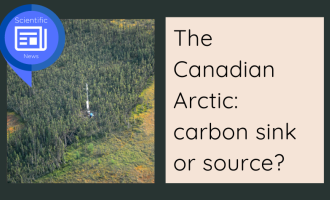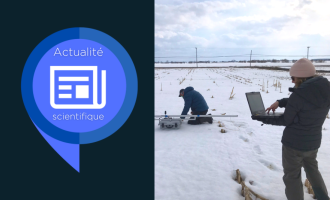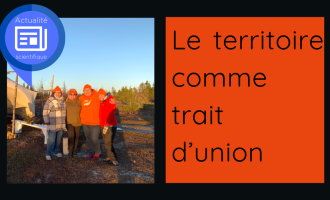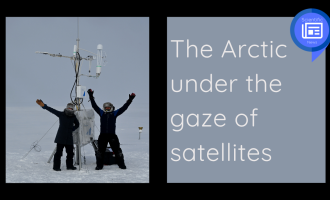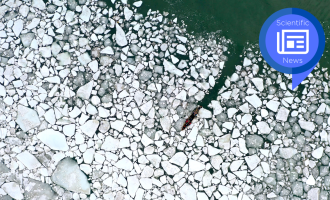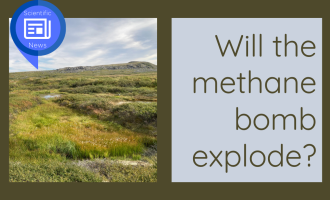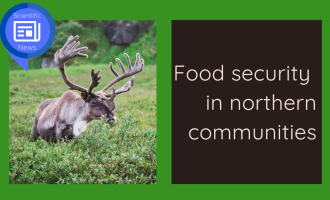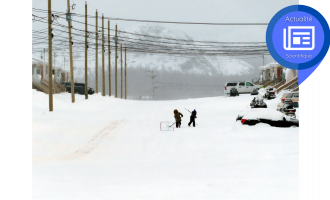
Scientific News
To celebrate Quebec's excellence in northern research and to highlight the various challenges and issues related to these territories, Institut nordique du Québec offers you a series of articles dedicated to the research conducted in its community.
Over the months, you will discover a multidisciplinary research community whose strength lies in the complementary expertise of its members. You will meet individuals who share a strong attachment to the North and who are dedicated to producing, in collaboration with the inhabitants of the region, the knowledge necessary for its sustainable and harmonious development.


